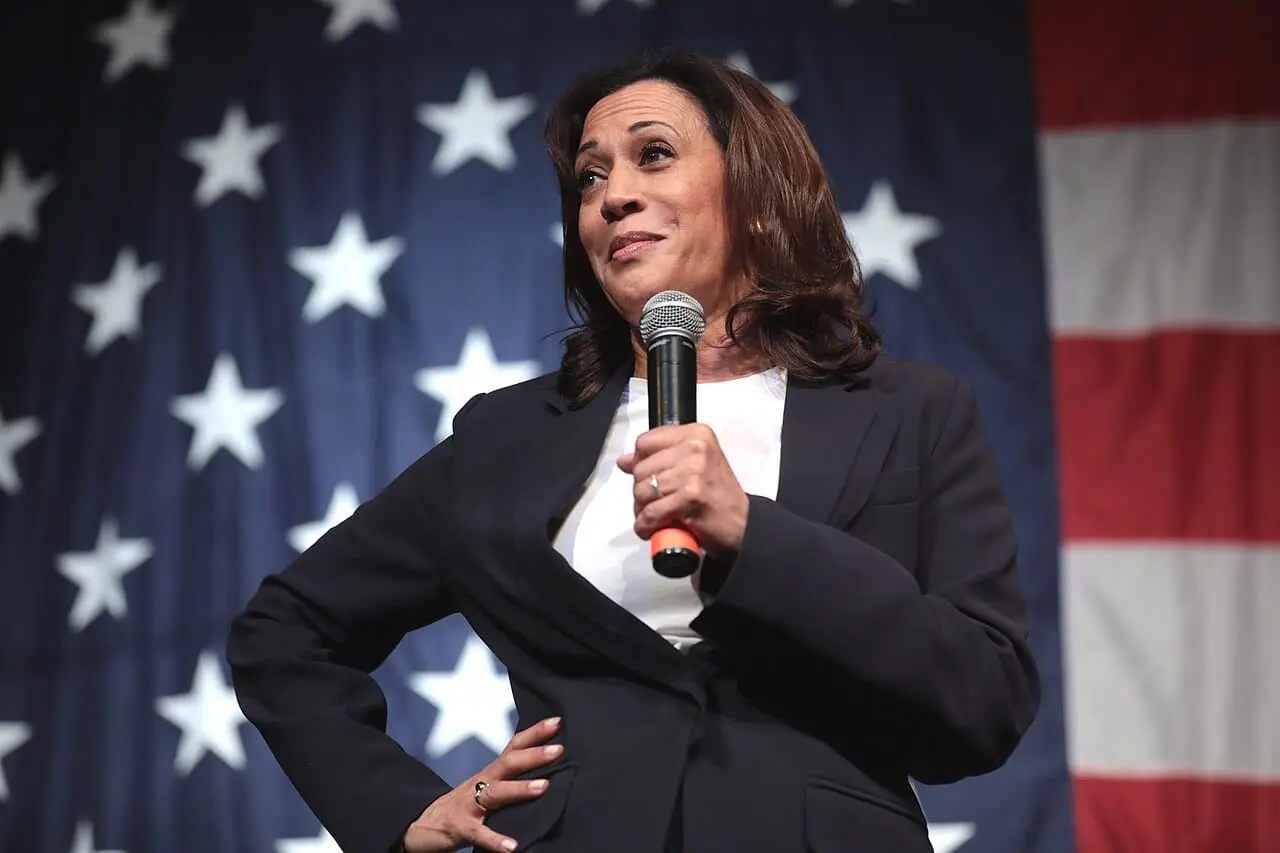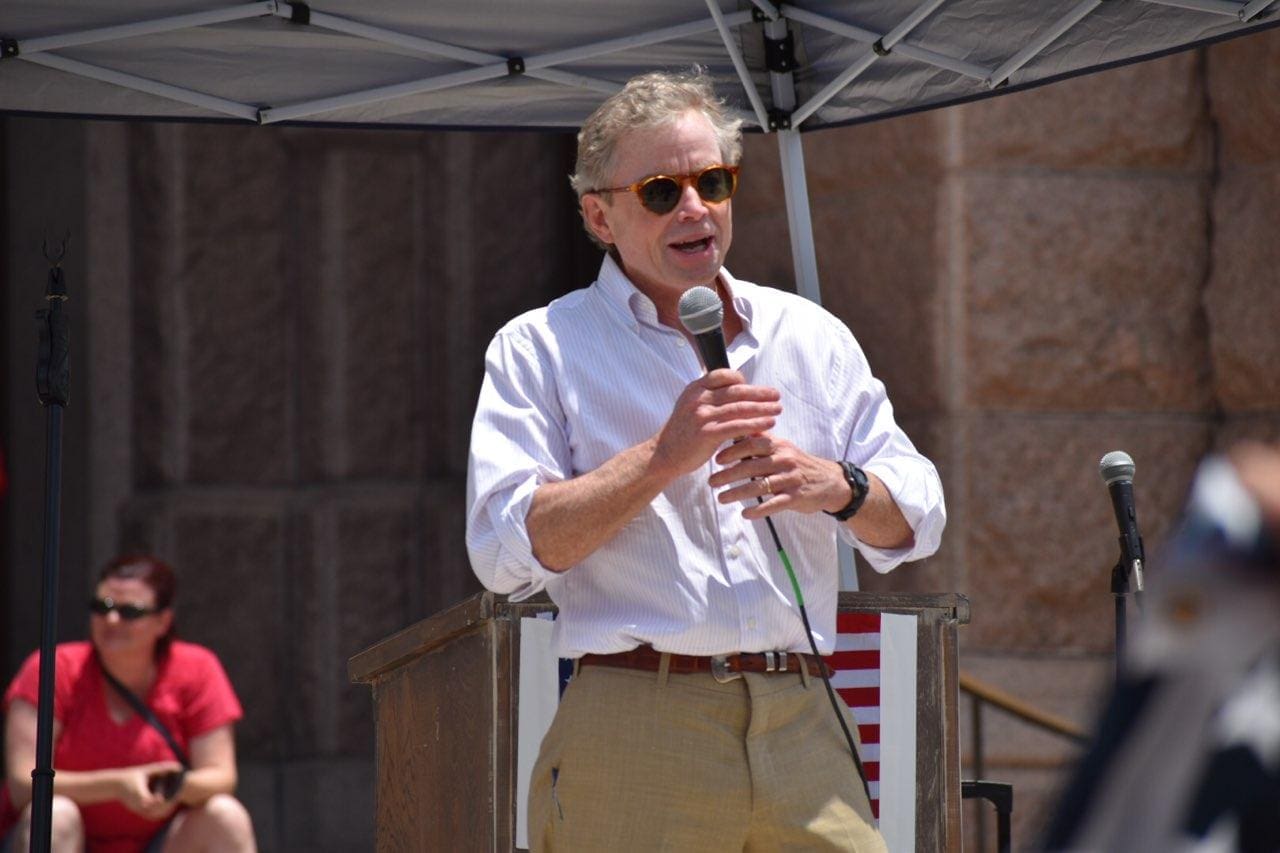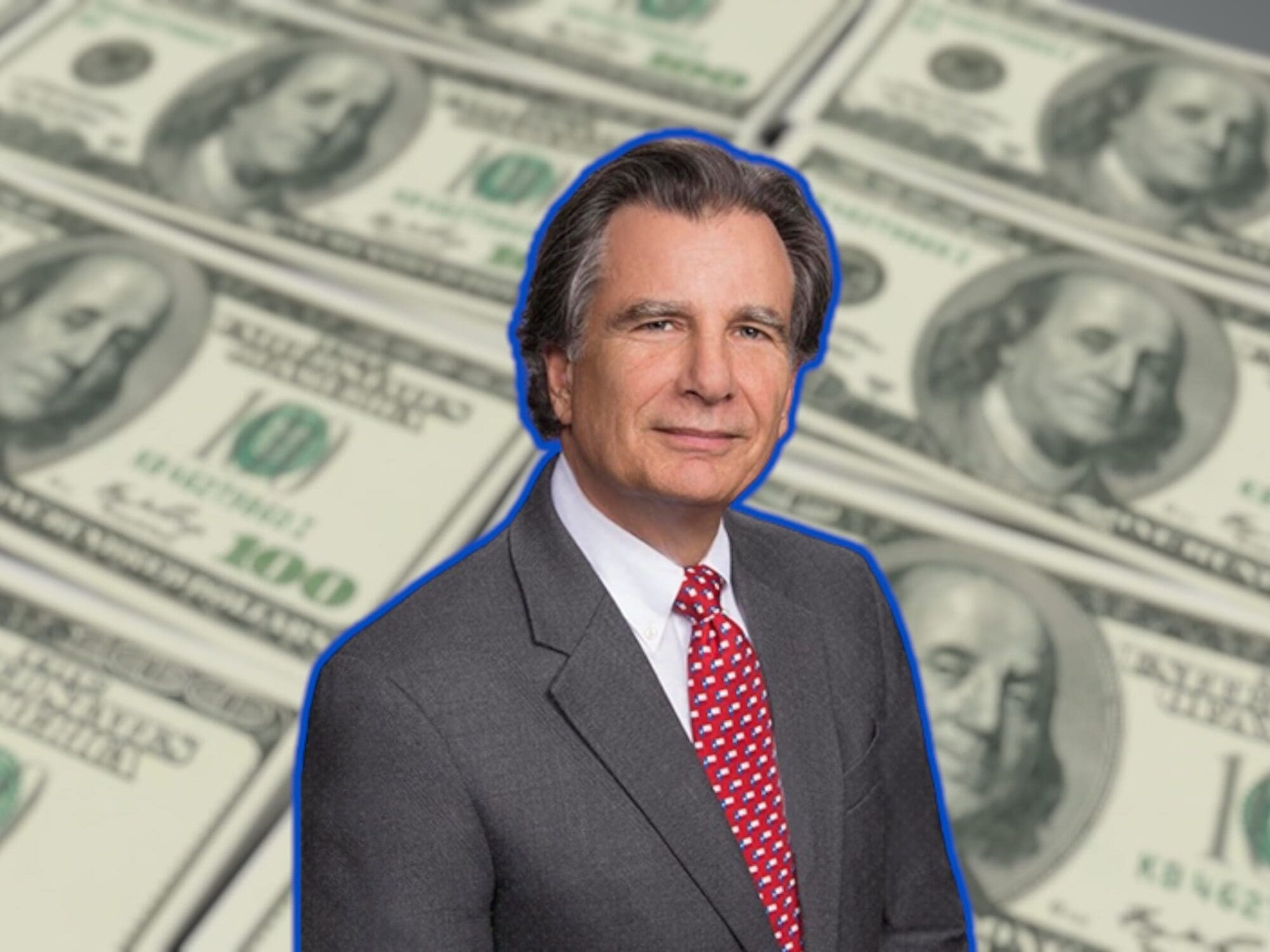A conflict in North Texas between the Dallas City Council and mayor showed citizens the price tag they’ll be stuck with if the city votes to hire lobbyists—with taxpayer money—to represent the city’s interests in the upcoming Texas Legislative session. It also revealed why some of the city’s elected officials say they support the practice, one official’s account of how they got nothing to show for it, and the well-funded lobbyist who the city is considering hiring.
After approving their agenda for the 2021 Texas legislative session, the Dallas City Council will vote December 9 on whether to spend $200,000 of taxpayer money—$5,000 less than last year—to hire lobbyists to represent the city government’s interests in the state Capitol.
Texas Scorecard sent an open records request to the City of Dallas and learned that from 2018 to 2019, Dallas taxpayers received over $265,000 worth of invoices from the city’s state lobbyists. In the latter part of this year, a total of $503,000 of taxpayer money was budgeted for lobbyists at the federal and state level, while a council majority hiked the city’s average property tax bill for homeowners by over 5 percent from 2019, 64 percent higher than it was in 2013.
Why Hire Taxpayer-Funded Lobbyists? How Effective Are They?
Taxpayer-funded lobbying itself is a controversial issue, as citizens have expressed concern over their own tax dollars being used to influence the Texas Legislature to act against their interests.
In 2018, Dallas Councilman Lee Kleinman, then-chair of the Legislative Ad Hoc Committee, the body charged with imposing the city government’s will in the state Capitol, commented on Dallas’ lobbying agenda with the Texas Legislature.
Their game is telling us, “You can’t do this stuff.” Our game is continuing to maintain our authority, and so that’s really what we spend all of our time doing.
In March of 2020, 95 percent of Republican primary voters in Texas supported banning taxpayer-funded lobbying.
In mid-November, a press inquiry was sent to Kleinman asking if he approved of using taxpayer dollars to hire lobbyists to lobby in Austin against citizens’ concerns, such as cutting property tax bills and preventing rogue local governments from defunding the police.
“Elected council members are definitely preferred to represent the City of Dallas in Austin,” he told Texas Scorecard. “Unfortunately, the legislature is hostile to municipalities, and we must hire lobbyists to help filter all the proposed legislation and leverage our own team.”
“Many times, our paid lobbyists have alerted us to pre-emptive legislation,” he continued. “Also, lobbyists have gained access for council members to legislators and department staff that I don’t believe we would have had on our own. Transparency is important [during] the hiring process. Also, lobbyist[s] must not have conflicts via other clients.”
Texas Scorecard asked Kleinman for an example of this “gained access”:
“In the 2017 session, we had many meetings with Rep. Dan Flynn, chair of the Pensions Committee, to discuss the taxpayer bail-out of the Dallas Police and Fire Pension System,” he said. “Being that he does not represent Dallas, a lobbyist made the initial introductions.”
But according to Kleinman, that failed to influence the Texas Legislature.
“Despite that, the legislature stuck Dallas taxpayers with a billion-dollar unfunded mandate.”
Tristan Hallman, chief of policy and communications at Mayor Eric Johnson’s office, was asked if Johnson—from his time as a state representative to now—knew of any bills originating from a Dallas paid lobbyist that became state law, and how Dallas measures the performance of their lobbyists.
No answer was received before publication time.
Hallman was also asked if Johnson supported using taxpayer dollars to lobby against citizen concerns, such as stopping rogue local governments from defunding the police.
“I take issue with the premise of your question—that that’s what the mayor wants to accomplish, that he wants to fight against those things,” Hallman replied. “That’s kind of a simplistic way of putting it, for one; and two, the mayor’s been a strong supporter of not defunding the police.”
“The mayor has suggested in the past that we could look at cutting the amount that we spend on lobbying. There’s a useful function to it,” he said. “We obviously want to be able to … understand what’s going on in Austin, because the city officials can’t be down there all the time, and to kind of remain in contact with our delegation.”
“Either we hire people who have the experience and skills, or we try to do it in-house,” Hallman added. “Either way, we’re spending some amount of money on it.” He also said Johnson suggested it as part of his attempt to cut city spending earlier this year, which the council rejected.
Hallman also encouraged a review of Dallas’ agenda for the 2021 Texas legislative session, which the council recently approved.
Dallas already has city staff members dedicated to the legislature, and Councilmember Paula Blackmon mentioned during a council meeting last month that each council member has their own legislative contacts.
Allegations Surrounding Proposed New Lobbyist
Despite a questionable record of success for the city, Texas Scorecard learned that Andrea McWilliams of McWilliams Governmental Affairs Consultants is being considered as a new addition to the city’s contracted lobbyists for the state. This would increase them from three to four lobbyists—$50,000 taxpayer dollars each—with some taking pay decreases from the prior session.
McWilliams is currently listed as having the second-highest amount of lobbying contracts in Texas, with a minimum of $4.2 million and a maximum of $8 million in contracted dollars. Lobbyists report their income in ranges, thus minimum and maximum amounts are given. McWilliams and her husband are “now known for their lobbying expertise and for entertaining the ‘political elite’ at lavish parties in their West Austin home.”
McWilliams currently represents companies such as Citibank and Office Depot, as well as the City of Laredo. Twenty percent of her clients are taxpayer-funded.
The Dallas lobbying contracts were set to be approved without a council vote until Kleinman and other council members expressed concerns to City Attorney Chris Caso.
Before this, Johnson fired Kleinman from being chair of the city’s Ad Hoc Legislative Committee. Johnson then placed himself as chair, with Councilmember Cara Mendelsohn as vice chair.
Kleinman is one of the 11 members of the council that voted to cut $7 million from police overtime this year, despite citizens’ opposition. Johnson took the citizens’ side but was outvoted.
Since that vote, crime in Dallas has surged, with citizens speaking out and council largely remaining silent; Johnson has been vocal about the surge and the need to fight it.
Kleinman has alleged that Johnson directed Caso to approve the lobbyist contracts without a council vote.
“That’s nonsense,” Hallman replied. “The way the city works is you have the contracts that are less than $50,000, [and] they can approve them by administrative action. They don’t have to come to council.”
The contracts were presented for approval separately for each lobbyist. Presenting them together as one $200,000 package would have triggered a council vote.
When asked if presenting lobbyists’ contracts as separate items has been done in the past, Hallman said he’s “not sure about the past practice.”
“You’d have to ask the city attorney,” he continued.
After council members expressed concern, Caso changed course, resulting in a vote scheduled for December 9.
Kleinman also alleged Johnson ordered McWilliams’ hiring. Hallman said that while Johnson advised Caso as to who he thought would be good to have as a lobbyist, Caso made the final decision.
Hallman was asked if Johnson knows McWilliams. “Yeah, he knows all the lobbyists,” Hallman replied.
He was also asked if Johnson wanted her, specifically, to be hired. “My understanding is that they, the city attorney, interviewed her, so I don’t know anything beyond that,” Hallman said. “They talked to her and decided to add her.”
“I think the conflict that they’re alleging is she also has a contract with DFW Airport, which is kind of silly because we own the airport. That’s not a conflict,” he added. “Again, you might want to ask the city attorney about that because that’s their decision, ultimately.”
As we approach the 87th Legislative Session, scheduled to begin on January 12, 2021, State Rep. Mayes Middleton (R-Wallisville) has filed a bill to ban taxpayer-funded lobbying. Citizens may contact their elected state representative and state senator.
Those in Dallas concerned about the upcoming December 9 vote may contact their city council member and Mayor Johnson.
Lee Kleinman: sophia.figueroa@dallascityhall.com; 214-670-7817
Adam Medrano: adam.medrano@dallascityhall.com; 214-670-4048
Tennell Atkins: maria.salazar2@dallascityhall.com; 214-670-4066
Adam Bazaldua: Yesenia.Valdez@dallascityhall.com; 214-670-4689
David Blewett: david.blewett@dallascityhall.com; 214-670-5415
Adam McGough: adam.mcgough@dallascityhall.com; 214-670-4068
Chad West: Chad.West@dallascityhall.com; 214-670-0776
Casey Thomas: richard.soto@dallascityhall.com; 214-670-0777
Carolyn King Arnold: District4@DallasCityHall.com; 214-670-0781
Jaime Resendez: jaime.resendez@dallascityhall.com; 214-670-4052
Tennell Atkins: maria.salazar2@dallascityhall.com; 214-670-4066
Paula Blackmon: District9@DallasCityHall.com; 214-670-4069
Adam McGough: adam.mcgough@dallascityhall.com; 214-670-4068
Cara Mendelsohn: cara.mendelsohn@dallascityhall.com; 214-670-4067
David Blewett: david.blewett@dallascityhall.com; 214-670-5415
Jennifer Gates: jennifer.gates@dallascityhall.com; 214-670-7057
This article has been updated since publication.





